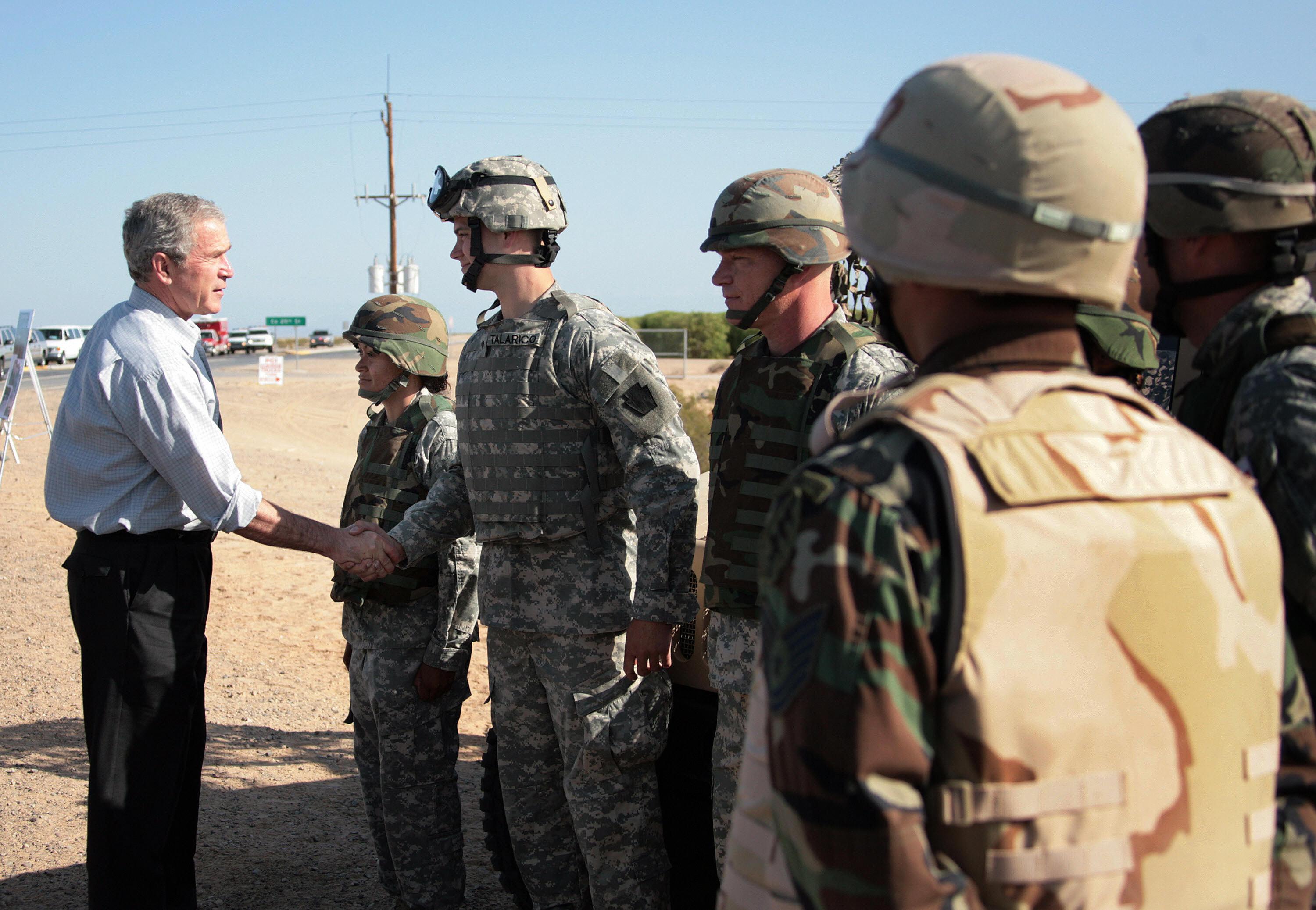New details emerged on Tuesday about an ongoing investigation into an army-recruiting program started in 2005 to help boost enlistment during the Iraq and Afghanistan wars. To help improve recruitment, the Army created the Recruiting Assistance Program, which allowed civilians to sign up as recruiting assistants and earn cash for referrals for those who enlisted. The recruiting assistants could earn up to $7,500 for a new recruit. But, the program turned out to be riddled with fraud that has amounted to $29 million in illegal payments so far, but that number could reach $100 million by the end of the probe the commanding general of the Army’s criminal investigation unit said on Tuesday, according to the New York Times.
What went wrong? Here’s how the fraud scheme worked via the Associated Press:
Uniformed recruiters were supposedly prohibited from receiving the cash payments. But investigators have since found they worked around that prohibition by any number of means, and for several years did so virtually undetected. Some recruiting assistants eligible for the payments were coerced into splitting their bonuses with military recruiters. Other military recruiters didn’t inform civilian assistants about the bonuses but registered them for the program. The military recruiters would then substitute their own bank information for that of the civilian assistants.
According to the Times, investigators also said that in many cases, “high school guidance counselors and even principals with access to their students’ personal information took credit for recruiting students who they happened to know were joining the army.” The result was that 130,000 enlistments cost the Army National Guard more than $300 million by the time the recruiting bonus program was shut down in Feb. 2012. The investigation into the program has implicated two generals and dozens of colonels, the BBC reports, among the 1,200 individuals under investigation. Investigators expect it will take until 2016 to untangle the financial misdealing.
